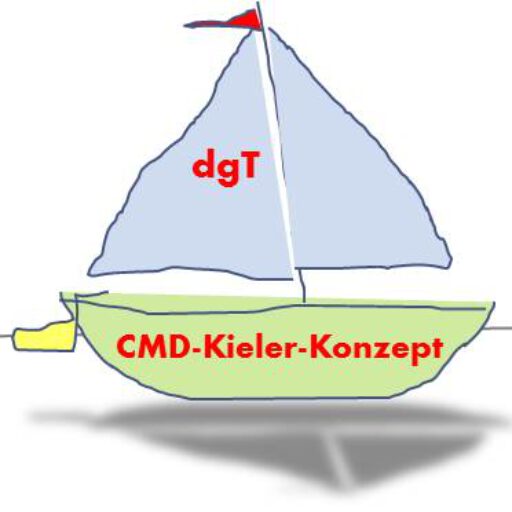The basic features of the clinical diagostic are a combination of:
– illustrated texts
– extensive video material
– interactive training for self-monitoring
For the understanding of temporomandibular joint dysfunction (TMJ):
– describes the classification of TMJ according to international standards
– the TMJ-relevant areas of the anatomy are presented
– the basics of craniofacial pain and psychosomatics in TMJ are taught
How to learn the clinical diagnostics:
– the patient’s anamnesis is described and practised realistically in video simulations
– the diagnostic schemes are presented and demonstrated online in patient examples
– Diagnoses and treatment planning are trained interactively
The diagnostic imaging techniques used are:
– the Magnetic Resonance Imaging (MRI) is presented in basic form
– the basis for MRI post-processing is created through the MRI findings provided by a Radiologist
– MRI is understood as an indispensable component of temporomandibular joint diagnosis.
How to learn the therapy:
– the therapy path is presented on the basis of a systematic approach, the diagnostic therapy
– the treatment procedures are followed on the basis of typical patient examples
– the control of therapy according to the methodology of the CMD-Kieler concept dgT trained interactively
